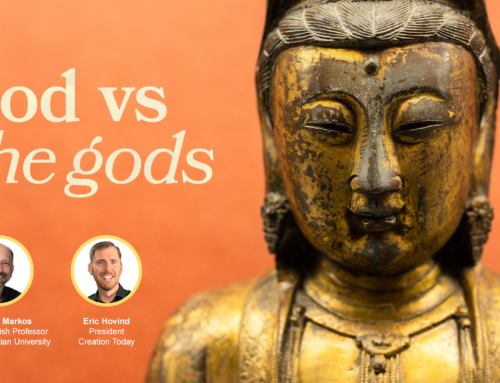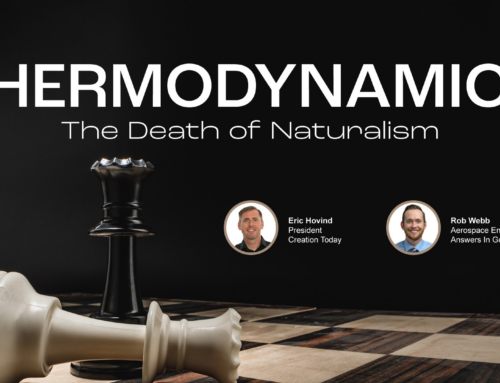John Stott was promoted to glory on Wednesday, July 27th 2011. He lived his life serving God, proclaiming the Gospel and faithfully exegeting Scripture. On the latter point, he was a huge influence on preachers who followed, encouraging exegetical methods among evangelicals, particularly in his own denomination, the Church of England.
A Life of Influence
I was saved in an Evangelical church within the Church of England, so it was healthy to find out early that a man of Stott’s stature existed. It has often been said that if British evangelicals could have gotten together and elected a “pope,” Stott would certainly have been a major candidate for such a post (the other — and my preferred — being Dr. Martyn Lloyd-Jones). This huge influence that Stott had cannot be over-estimated, and it is important to point out, even at this time when most commentators will want to point out the good, that his influence was like the proverbial curate’s egg — good in parts.
On the positive side was Stott’s commitment to exegetical preaching. Under his influence, a whole series of “popular-style” commentaries, called The Bible Speaks Today, was published, with Stott writing many of the books in the series. Of particular note to this writer was his masterly exposition of the Acts of the Apostles.
Another of his significant achievements was the realization that evangelicals could speak out on social issues, without compromising on biblical authority. His contribution to this area of scholarship was his 1984 book, Issues Facing Christians Today, in which he attempted to give an evangelical comment on prevailing social issues of the early 1980s. To be fair, he was not stating that his comments were the last word, and claimed that he was provoking debate on the topics contained therein. Thus, I found it possible to appreciate the book, even though I disagreed with its section on “Unilateral Nuclear Disarmament” — a popular policy of the 1980s, gradually rejected by the 1990s. On the other hand, Stott’s chapters on euthanasia and abortion remain some of the finest evangelical writing on these subjects, showing how the Bible is opposed to these practices.
Unfortunate Compromise
His most iconic manifesto was probably the 1986 book The Cross of Christ, which analyzed what the death of Jesus meant not just in a theological context, but also in our everyday lives. Late in 1986, I traveled across the Pennines to the historic city of York from my then-home in Manchester, England, to hear Stott give a presentation based on his book. During his presentation, Stott firmly laid down his belief that any evangelical simply had to believe that Adam was a real historical figure, because the New Testament makes such a vivid comparison between Jesus and Adam, in Romans 5 and in 1 Corinthians 15. The presentation concluded with a question-and-answer session, so I had the privilege of asking him a question publicly. I had heard that he believed the theory of evolution, so I asked him how he reconciled this belief with his strongly stated conviction that Adam was a real historical figure. He answered with his now-famous homo divinus analogy, claiming that the “dust of the earth,” from which Adam was made, was the evolutionary process, guided by God, whereby man evolved from ape-like ancestors. It was his contention that Adam was basically the first evolved ape — or rather first evolved from the ape-like common ancestor. Into this ape-like Adam, God breathed his soul.
Stott on Evolution
There would be some who would value such an analogy, but the sharp reader will notice that this completely invalidates Stott’s requirement for a historical Adam. When Paul preached that Jesus was analogous to Adam, it was because “in Adam all die.” Yet here was Stott saying that he believed that real, physical death was already present in the world, before Adam sinned. If that were the case, why did Jesus, as the “Last Adam”, have to die a real, physical death on the cross? Surely atonement for Adam’s spiritual death could be achieved by the spiritual death of a savior? The biblical issue is clear to those prepared to accept exactly what the Bible says. Adam’s sin brought real, physical death into the world as a punishment for that sin. Hence, our Savior (capital S) Jesus Christ had to die a real death to bring us life.
Since Stott’s theological failure on this issue of evolution, the door has been opened. Now, theologians within the evangelical camp openly deny the historical reality of Adam, having to state that the apostle Paul actually got things wrong when he was writing his portions of Scripture under the inspiration of the Holy Spirit. The theologian Peter Enns, speaking in a video on the BioLogos website, even makes this claim of Paul’s inadequacy, adding the comment that we have to believe that Paul was wrong, and that’s OK!
Lasting Legacy
It is not OK. While we mourn the passing of a great man of God, who we know is now with the Lord in Glory, we must also acknowledge that John Stott opened the door to liberalism within evangelicalism by his allowing for a syncretism between evolution and the Bible. That, unfortunately, may be his most lasting legacy — which would be a great shame.






